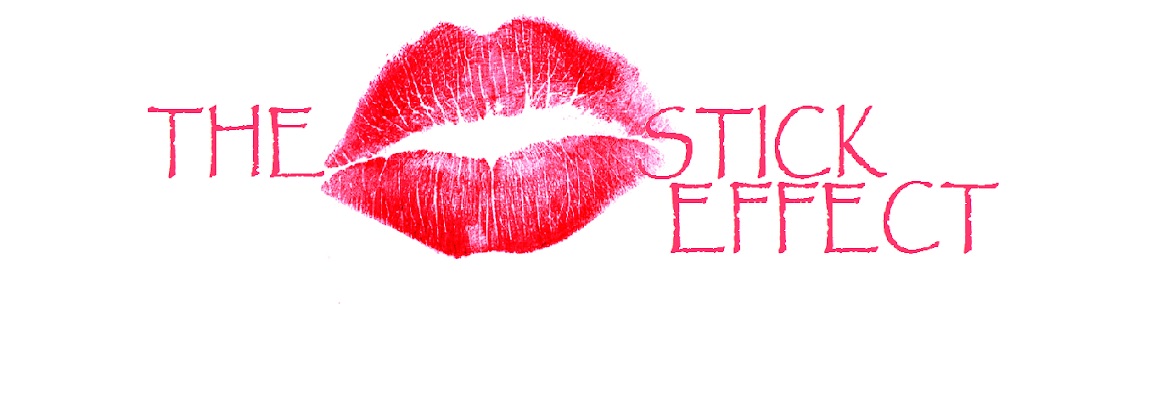New Delhi: For the coming few months, Indian consumers may forego big ticket retail purchases, but may go for reasonably priced indulgences, or what is called a Lipstick Effect.
According to a research by RedQuanta on what Indian consumers are thinking, brands selling reasonably priced feel-good indulgences or accessories will benefit.
Among the cultural trends likely to impact retail businesses is the Lipstick Effect. “Faced with a short-term cash deficit, consumers may forgo big-ticket retail items like a luxury bag in favour of a small but still premium product like a good quality lipstick,” the research said.
The Lipstick Effect has been invariably experienced in markets during economic downturns, and now should be no different for the coming few months at least, it said.
Among the post-Covid visiting and spending forecasts is that there could be sprees of “revenge buying” by some groups of consumers.
The study found that the majority of consumers might put off discretionary spending for the time being. But there will be a small but pivotal group of those who’ll splurge on sprees of “revenge buying”, akin to a trend currently seen in China.
“Brands dealing in relatively high-end, premium goods are most likely to host this set of consumers. To further reflect upon the bright side, 67 per cent of female respondents called fashion shopping their ‘most missed activity’ during the stay at-home spell,” the study said.
As per the study, 39.75 per cent of the respondents said they’d spend less than they used to on retail and leisure. However, 26 per cent of these same people also said that they’re ready to pay a premium for their “safety” in the subsequent months. In any case, majority of the consumers will pay fewer in-person visits.
“But when they do, they’ll do it as a serious customer — ready to convert and ready to exit as quickly as possible. As a result of changing behaviours, the ‘stakes per walk-in customer’ will be critically high,” the study said.
Among the most “missed” activities, there’s understandably a male-female divide with women strongly inclining towards shopping and salon, the study said.
As many as 67 per cent of women said they miss going shopping, while 56 per cent of women said they miss nothing more than their beauty salon. A total of 62 per cent men and 47 per cent women said they miss going to movie theatres.
The highest vote was unanimous for eating out as 75 per cent of the total respondents said that they were eager to go back to visiting dine-out venues, cafes.
Meeting friends in person, going to gym/yoga classes and leisure travel were the other common attractions among the respondents of the study.
The study noted a trend it called ‘Minimalism 2.0’, which is a brewing belief in “less is more” that will shape the way people consume fashion.
“Fast fashion and impulse buying will be replaced by quality-rich, timeless investments that can be banked upon for a long time,” it said.
There will be a considerable increase in online buying. However, the research predicted that it may not be as radical as one might imagine. As many as 62 per cent of consumers still plan to keep a sizable chunk of their shopping in brick-and-mortar stores. (IANS)


COMMENTS